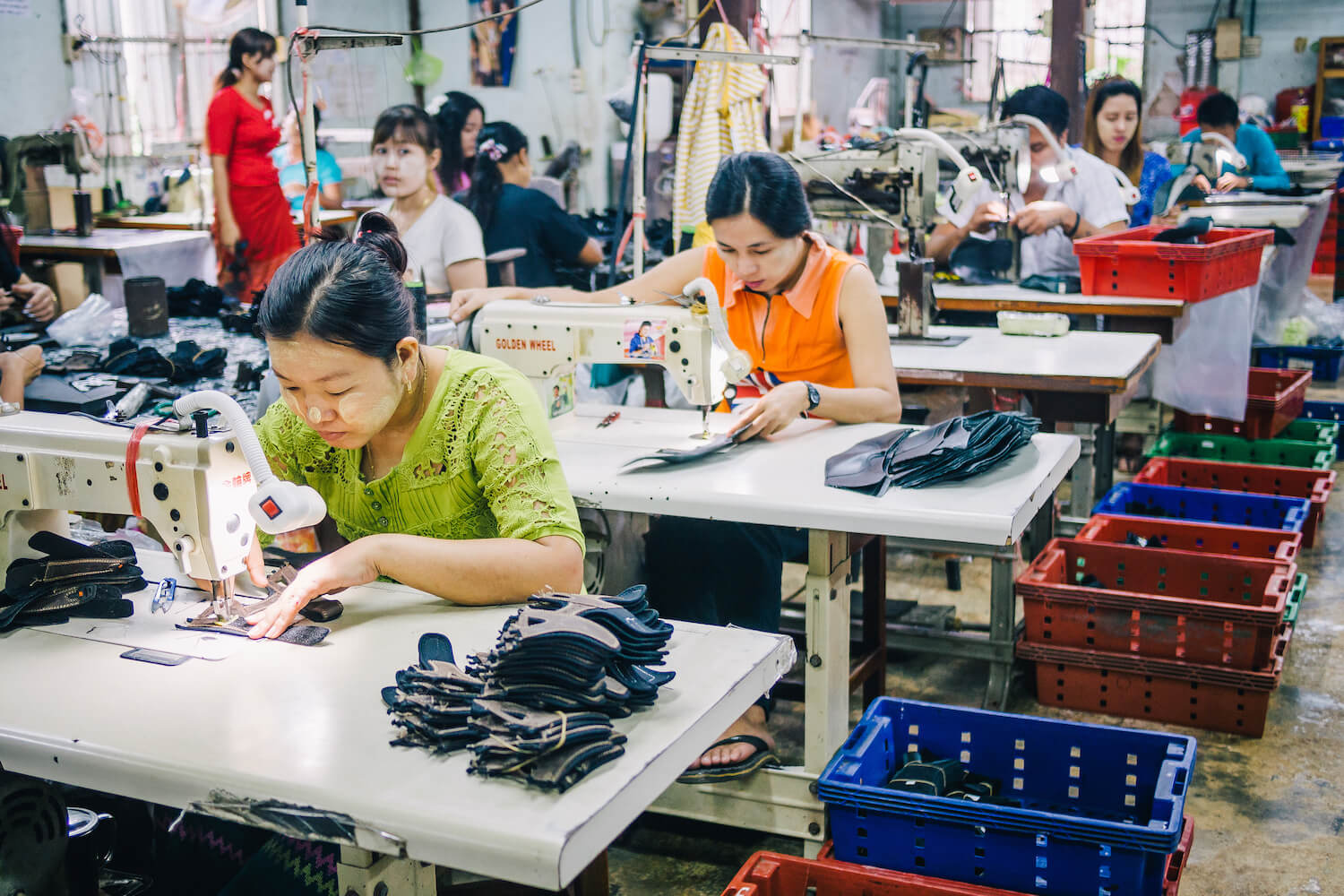




The ASEAN region’s population of 634 million accounts for 8.85 per cent of the world’s total. It is also the source of millions of migrant workers, who seek employment in countries within the region and beyond. According to the ASEAN Migration Outlook, which was launched in 2022, the ASEAN region has around nine million working-age international migrants, with the large majority being intra-ASEAN migrants.
The significance of labour migration in the region cannot be overstated. It greatly contributes to the economic growth and development of both countries of origin and destination. With ASEAN’s blueprint for deeper economic, socio-cultural, and political integration, interconnectivity, and the gradual increase of mobility across the region, it is essential for our migrant workers to be protected.
However, while labour migration offers opportunities, it also provides a lot of challenges. It is recognised that ASEAN would not become an inclusive community if the rights of migrant workers are not promoted and protected. For this reason, the ASEAN Declaration on the Protection and Promotion of the Rights of Migrant Workers was adopted in 2007 during the 12th ASEAN Summit in Cebu, the Philippines. To enhance the obligations of the ASEAN Member States in promoting and protecting the rights of migrant workers as stipulated in this declaration, the ASEAN Consensus on the Protection and Promotion of the Rights of Migrant Workers was later adopted in 2017 in Manila, the Philippines.
Notably, the ASEAN Consensus emphasised the obligation of the Member States to treat migrant workers as they do their domestic workers, subject to their respective laws and regulations. Subsequently, it is crucial to provide them with the same access to social protection, especially the right to the portability of their social security benefits. Considering that the Member States have different laws and regulations, as well as social security systems, a study on the portability of social security rights of migrant workers between the Member States was conducted by the Thailand Development Research Institute in 2019. The study not only provided an overview of the social security systems of the Member States, but also made a good set of recommendations on how they can work together towards connecting the social security schemes, particularly on the portability of social security benefits through either the bilateral or multilateral social security agreement (SSA).
It is noteworthy that the portability of social security benefits for ASEAN migrant workers has been one of the key priority issues in the region. Many discussions at the bilateral and multilateral levels, and within the ASEAN framework have been conducted to explore the possibility of transferring social security benefits of the migrant workers when they return to their home countries.
For instance, under the labour cooperation framework of Cambodia, the Lao PDR, Myanmar, Thailand, and Viet Nam (CLMTV), the 4th Senior Labour Officials Meeting of the CLMTV in 2018 with the theme of “Social Security: Portability of Social Security for Migrant Workers in the CLMTV” was held. At the meeting, the CLMTV countries agreed to strive towards the signing of a bilateral Memorandum of Understanding on the portability of social security benefits for migrant workers between the CLMTV countries for relevant economic sectors. And to accelerate the discussion to reach this common objective, Cambodia, as the host of the 5th CLMTV-SLOM Meeting and the 3rd Labour Ministerial Conference of the CLMTV countries which was held in September 2019 in Siem Reap, also selected the topic “Toward the Protection of Migrant Workers in CLMTV Countries: Cooperation in Social Security” as the theme of the Conference in a bid to develop a common framework for the possible portability of social security benefits for migrant workers in the CLMTV Countries. As a result, the Siem Reap Declaration on the Roadmap towards the Labour Ministerial Declaration on the Portability of Social Security Benefits for Migrant Workers of CLMTV countries was successfully adopted.

Undoubtedly, providing equal access to social protection to migrant workers was even more vital during the pandemic. There had been several measures put in place at the regional level to respond to this crisis, including the ASEAN Comprehensive Recovery Framework and the Joint Statement of the ASEAN Labour Minister on Response to the Impact of Coronavirus Disease 2019 (COVID-19) on Labour and Employment. In line with these, the Ministry of Labour and Vocational Training of Cambodia, during the Cambodia ASEAN Chairmanship 2022 under the theme of “ASEAN A.C.T: Addressing Challenges Together,” initiated the development of the “ASEAN Declaration on Portability of Social Security Benefits for Migrant Workers in ASEAN” to broaden the discussion not only amongst the CLMTV countries but also within ASEAN. Consequently, this declaration was adopted by ASEAN Leaders at the 40th and 41st ASEAN Summits in November 2022 in Phnom Penh, Cambodia.
The ASEAN Committee on the Implementation of the ASEAN Declaration on the Protection and Promotion of the Rights of Migrant Workers (ACMW) is now implementing a project to develop the ASEAN Guidelines on Portability of Social Security Benefits for Migrant Workers—an important document which will guide the Member States on how to create bilateral and multilateral instruments on portability of social security benefits for migrant workers between the sending and receiving countries within ASEAN. During the technical dialogue held from 9 to 10 March 2023, the ACMW shared and discussed the opportunities and challenges relating to the portability of social security benefits and exchanged views on key concepts that should be included in the guideline.
In a nutshell, the adoption of the ASEAN Declaration on Portability of Social Security Benefits for Migrant Workers in ASEAN is the realisation of the ASEAN Leaders’ commitments made in the 2007 Cebu Declaration and the 2017 ASEAN Consensus on the Protection and Promotion of the Rights of Migrant Workers. It also reflects the concerted efforts of the Member States to transform ASEAN into a community that is people-centred, inclusive, sustainable, resilient, and dynamic as stated in the ASEAN 2025 Vision. ASEAN has been actively promoting and protecting the rights of migrant workers because it recognises that it is imperative to promote social justice and respect for human rights.
The Member States are committed to staying on this course of action, even as they strive to build back better and address multiple challenges caused by the pandemic and current global conditions.








